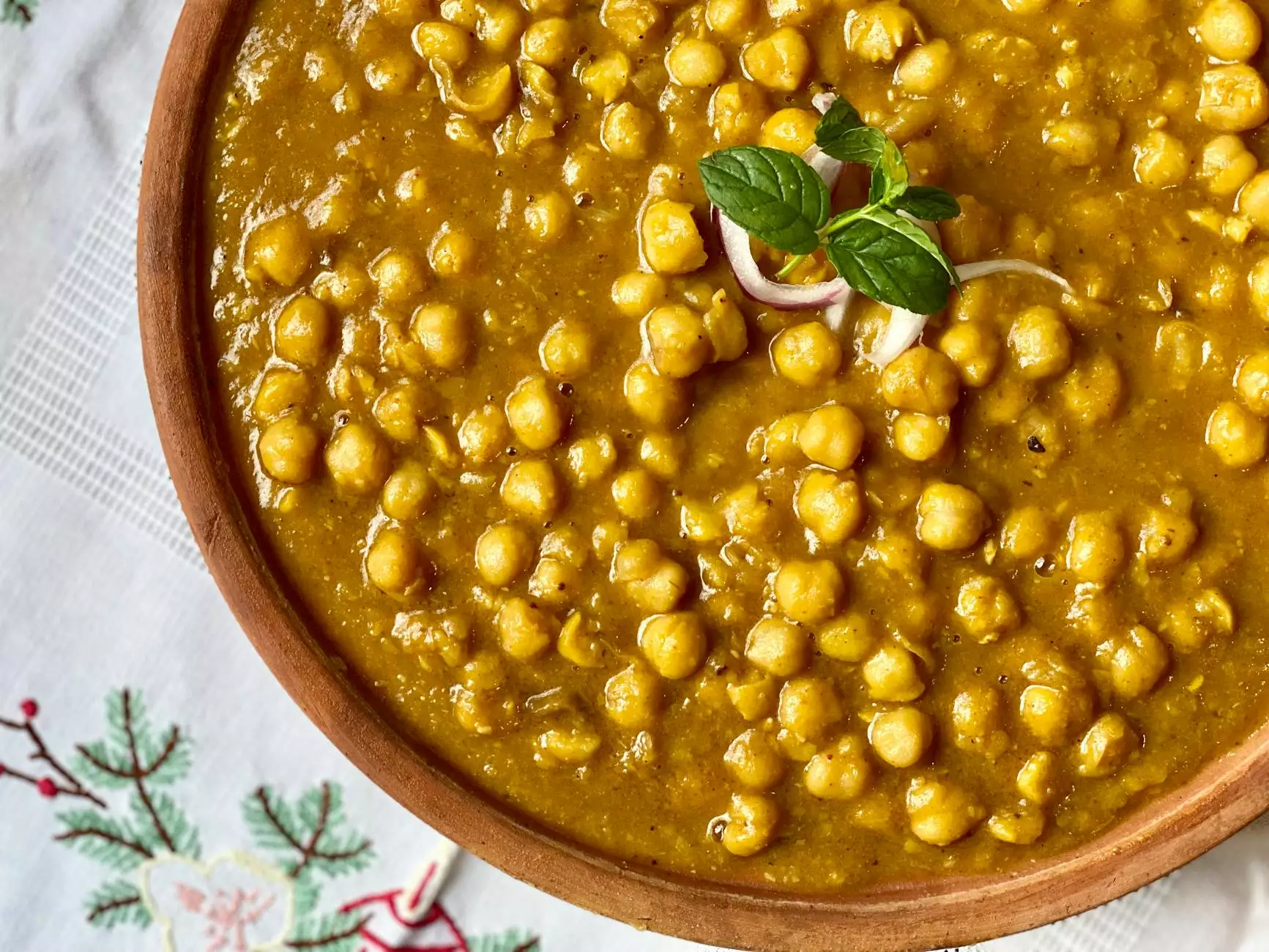Frozen Chicken Producers: Leading the Global Poultry Market

The frozen chicken industry has undergone tremendous growth over the past few decades, establishing itself as a critical player in the global food market. The demand for frozen chicken has surged, driven by consumer preferences for convenient, lean protein options. In this article, we will delve into the intricacies of frozen chicken producers, focusing primarily on Brazilian poultry exporters and the growing trend of buying chicken in bulk.
The Importance of Frozen Chicken in Today's Market
Frozen chicken plays a crucial role in meeting global food demands. With the rise of fast-paced lifestyles, more consumers are leaning towards convenience foods. This shift has bolstered the market for frozen products, including chicken, which remains a staple protein source for households around the world.
Consumer Preferences Shaping the Frozen Chicken Market
One of the most significant factors influencing the frozen chicken market is changing consumer preferences. Health-conscious shoppers are seeking lean protein sources, and chicken is often considered healthier than red meats. Additionally, the versatility of chicken makes it a popular choice for various cuisines and recipes.
- Convenience: Frozen chicken provides an easy solution for meal planning and preparation.
- Shelf Stability: It allows for longer storage times without the risk of spoilage.
- Nutrition: Properly frozen chicken retains its nutritional value, making it a healthy choice.
Brazilian Poultry Exporters: A Dominant Force in Frozen Chicken Production
Brazil has emerged as a powerhouse in the global frozen chicken market, due to its vast agricultural resources and commitment to quality production. The country ranks among the top exporters of poultry, and its frozen chicken producers supply to various international markets.
Reasons Behind Brazil's Success in Poultry Exports
Brazil's success in the poultry market can be attributed to several key factors:
- Favorable Climate: The Brazilian climate is highly conducive to poultry farming, allowing for year-round production.
- Large-Scale Operations: Many Brazilian poultry producers operate on a large scale, benefiting from economies of scale.
- Compliance with Global Standards: Brazilian chicken producers often adhere to strict international standards for food safety and quality.
- Innovative Farming Techniques: Many farmers are adopting modern technology and practices to enhance production efficiency.
Quality Assurance in Frozen Chicken Production
Ensuring quality is paramount for frozen chicken producers. The process involves several critical stages:
From Farm to Freezer: The Production Journey
The journey of frozen chicken begins at the farm and continues through various stages until it reaches consumers' tables. Here’s a breakdown of the process:
- Breeding & Raising: Chickens are bred for optimal growth rates while being raised in hygienic farms.
- Feeding Practices: Focus on high-quality feed that promotes healthy growth and minimizes disease.
- Processing: After harvesting, chickens are processed in USDA-approved facilities to ensure safety standards.
- Freezing: The freezing process must be done rapidly to preserve flavor and texture.
Navigating Challenges in the Frozen Chicken Industry
Like any sector, the frozen chicken industry faces challenges. Producers must adapt to various factors to remain competitive:
Global Competition and Market Fluctuations
The entry of new players in the global market has intensified competition. To outshine competitors, frozen chicken producers need to:
- Innovate: Constantly improve production processes and introduce new product lines to meet market demands.
- Marketing: Implement effective marketing strategies to build strong brand recognition.
- Partnerships: Form strategic partnerships with distributors and retailers to expand reach.
Regulatory Compliance
Maintaining compliance with international regulations is crucial. Producers must adhere to food safety laws, which can vary significantly between countries. This entails:
- Regular Audits: Frequent checks to ensure that production and processing meet established standards.
- Training Programs: Continuous education for employees on compliance measures and food safety practices.
The Economic Impact of Frozen Chicken Exports
Frozen chicken exports significantly contribute to Brazil's economy, creating thousands of jobs and boosting rural development. The sector supports related industries, including feed production, transportation, and logistics.
Job Creation and Rural Development
The frozen chicken industry provides job opportunities across various levels, from farming to processing and distribution. This expands economic prospects for rural communities and promotes growth:
- Employment Opportunities: Direct jobs in farming, processing, and logistics.
- Support for Local Economies: Increased financial activity in rural areas enhances local businesses.
- Skill Development: Training programs create a skilled workforce for the industry.
Future Trends in the Frozen Chicken Market
The frozen chicken market is continuously evolving, and several trends are likely to shape its future:
Health and Sustainability Focus
Consumers are becoming increasingly health-conscious and environmentally aware. Producers will need to:
- Adopt Sustainable Practices: Implement eco-friendly farming practices to reduce environmental impact.
- Enhance Nutritional Value: Develop products that offer added health benefits.
Technological Advancements
Innovations in technology will continue to transform the frozen chicken sector. Adopting AI, automation, and blockchain technology can enhance efficiency, traceability, and quality assurance.
Conclusion
In conclusion, the realm of frozen chicken producers is vibrant and full of potential. With Brazilian poultry exporters leading the way, the industry not only meets the demands of consumers but also significantly contributes to economic growth. As we move forward, embracing trends such as health and sustainability, along with technological advancements, will ensure that the frozen chicken market continues to thrive. For more information and comprehensive insights, visit frozenchickengroup.com.









